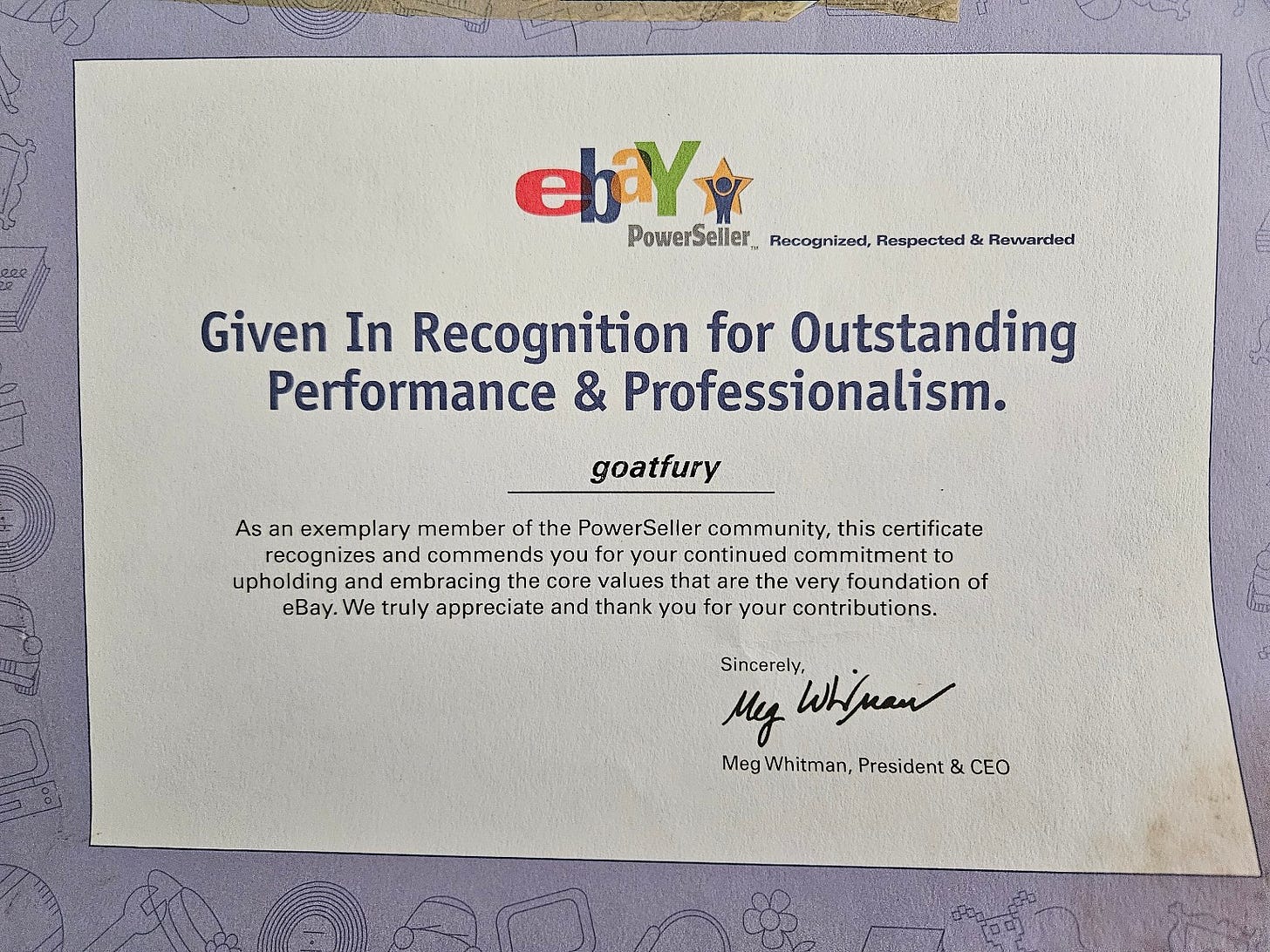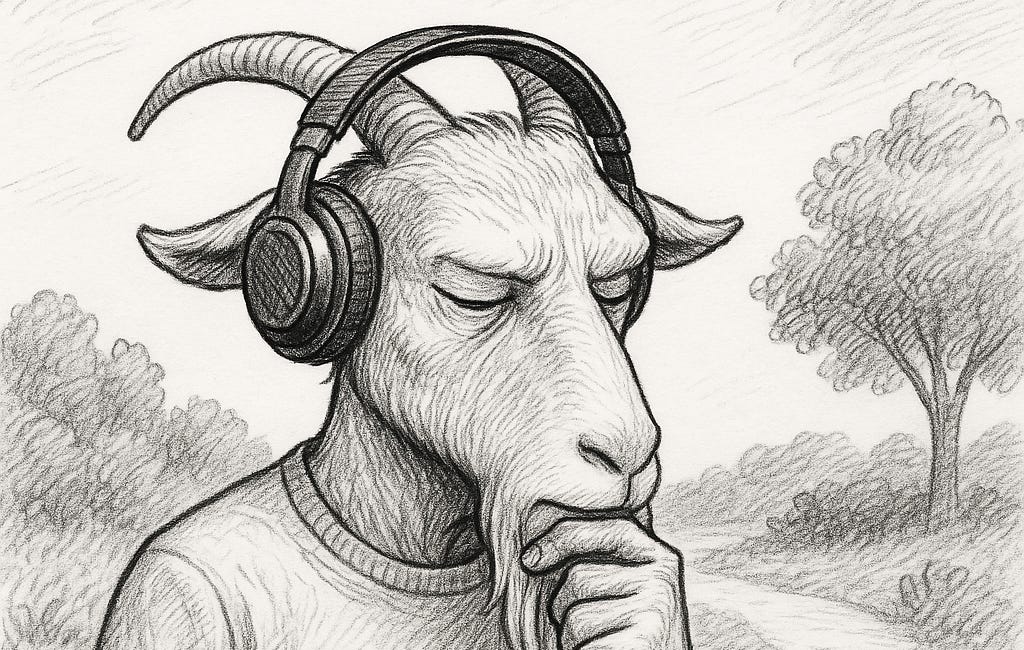Are you going to be on the internet for much longer? I need to make a phone call.
One advantage of growing up Gen X is that I got to see the World Wide Web while it was being invented. This means I saw the internet rise up from a mere seed, weaving its way through the world’s infrastructure systems, and gradually becoming a need more than a want.
The 1990s, by contrast, saw us dialing up to go online.
30 years ago, I was introduced to dial-up internet. This completely changed my world forever, but it was mind-numbingly slow by today’s standards. Gen Xers, do you remember how exciting it was when they upgraded us to 56 kbps from 28 kbps?
It took several minutes to display a high quality still image on the screen, and still images were pretty much all you could get back then.
By the early 2000s, there were proto-memes going around making fun of people who took things too seriously when they were on the internet. Today, I get annoyed if a human interrupts an interesting conversation I’m having with an AI.
It’s quite the distinction. Going online meant experiencing a parallel world that was completely distinct from this world.
By the mid 2000s, it was common for me to hear the phrase:
the internet is not real life.
It really depended on who you were by this point, but I was certainly cognizant that the online discussions easily spilled over into real-world conversations and connections. This was certainly evident by the time I was a “Power Seller” on eBay, and even writing that makes it sound like I think it’s a great chick magnet.
Baby, check out that Power Seller trophy from ‘02. It’s real.
I digress, but selling stuff definitely showed me how real the early internet was. It was a place where I could realize my goal to produce income on my own terms—to work for myself, in a manner of speaking.
My eBay foray was certainly motivated by this drive to be financially independent, but it was also a part of my (real life) martial arts journey. Suddenly, I could find rare tapes I couldn’t have found prior to the late 90s. eBay was where many of these doors first opened for me.
I first started judo in January of 1997, and by the middle of the year, I was looking for old UFC events and other MMA or jiu jitsu-related videos.
I found some on the site, and I quickly got rid of any hesitation surrounding sketchy payments. It’s funny to observe how a fear will simply get shoved aside whenever there’s a passion involved—I became very comfortable with e-commerce very quickly as a result.
I could get information from the internet (in a roundabout way), then bring that into the gym and use it effectively. It sure seemed like real life to me.
By 2005 or so, I was rolling my eyes at the “calm down, it’s only the internet” language. I had now created a little media empire that allowed me to go and see the UFC in person for free, not to mention paying for my (admittedly very frugal) lifestyle.
Twenty years of social media and AI have passed since then. I don’t think there are too many folks alive who doubt that the internet is real life. How real is it? Here’s a recap of how my neighbor interrupted me when I was on the internet:
Interrupted!
There I was, walking and talking—something becoming more and more normal for me these days.





*Insert a clever "On The Internet" song remake set to the tune of "In The Navy" but with fitting lyrics here*
But I, too, remember the days of when the Internet was another, separate world you got to briefly visit when nobody in the house was using the landline.
I bet whoever came up with ChatGPT's render engine for images where they paint top to bottom and and you wait expectantly while they emerge, sat in front of a 56kbps modem for a minute.